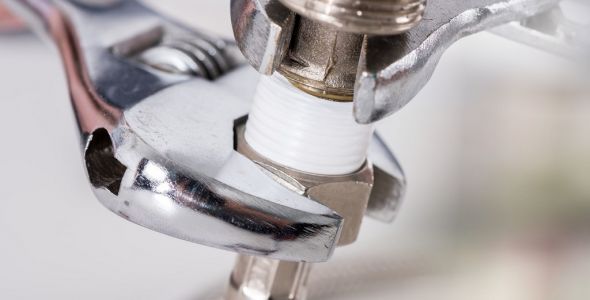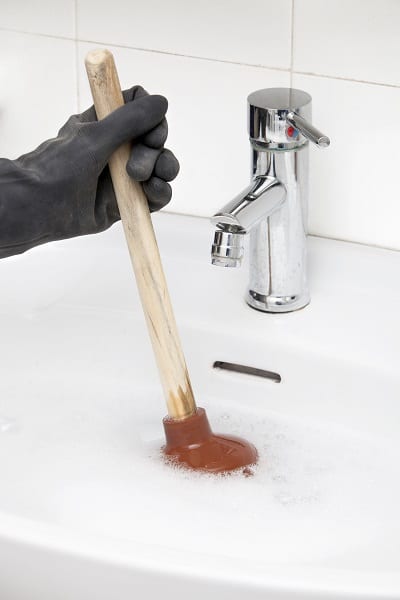Efficient Methods to Winterize Your Plumbing and Safeguard Freezing in Frigid Weather
Efficient Methods to Winterize Your Plumbing and Safeguard Freezing in Frigid Weather
Blog Article
What're your opinions with regards to Prevent Freezing and Bursting Pipes?

All property owners who live in warm environments need to do their finest to winterize their pipes. Failure to do so can spell calamity like icy, broken, or burst pipelines.
Attempt a Hair Dryer or Warmth Weapon
When your pipes are practically freezing, your trusty hair dryer or heat gun is a blessing. If the warm towels do not aid remove any type of working out ice in your pipes, bowling warm air directly right into them may help. You might finish up harmful your pipes while attempting to melt the ice.
Open Cabinet Doors Hiding Plumbing
It would certainly be handy to open closet doors that are camouflaging your pipelines when it's cold outside. They might be somewhere in your kitchen or restroom. This will allow the cozy air from your heater to circulate there. Therefore, you avoid these exposed pipelines from freezing. Doing this small method can keep your pipelines cozy and also limit the potentially dangerous results of freezing temperatures.
Take Some Time to Wrap Exposed Piping
One awesome and also very easy hack to heat up frigid pipelines is to wrap them with cozy towels. You can likewise use pre-soaked towels in warm water, just don't fail to remember to wear protective gloves to safeguard your hands from the warmth.
Switch on the Faucets
When the temperature declines and it seems as if the frigid temperature level will last, it will certainly aid to activate your water both inside and outdoors. This will maintain the water streaming through your plumbing systems. In addition, the movement will certainly slow down the cold procedure. Significantly, there's no requirement to turn it on full blast. You'll end up throwing away gallons of water by doing this. Instead, aim for regarding 5 drops per minute.
When Pipelines are Frozen, shut Off Water
Switch off the major water shutoff immediately if you observe that your pipelines are totally icy or virtually nearing that phase. You will typically find this in your cellar or laundry room near the heating system or the front wall surface closest to the street. Transform it off immediately to stop additional damage.
Do not fail to remember to shut external water sources, too, such as your connection for the yard residence. Doing this will prevent extra water from filling up your plumbing system. With more water, even more ice will stack up, which will eventually lead to break pipelines. If you are unclear regarding the state of your pipelines this winter season, it is best to call an expert plumber for an examination. Taking this proactive method can save you hundreds of dollars out of commission.
All house owners that live in pleasant environments should do their finest to winterize their pipelines. Failure to do so can mean disaster like frozen, fractured, or burst pipes. If the warm towels do not help remove any kind of working out ice in your pipelines, bowling warm air straight right into them might help. Transform off the main water shutoff quickly if you see that your pipelines are totally icy or almost nearing that stage. With more water, more ice will certainly stack up, which will eventually lead to rupture pipelines.
PREVENT YOUR PIPES FROM FREEZING THIS WINTER
A Leading Cause of Property Damage
When the weather is taking a deep nose dive into the cold dreary days, the risk of your pipes freezing and potentially bursting skyrockets. Unfortunately, during these cold dreary months, burst pipes are the most common denominator for property damage. The pipes that are most at the risk are those that are in areas where it is most cold in your home. For instance, pipes located in interior places such as basements, attics, and your garage. Unfortunately, that doesn’t mean that the pipes running through your cabinets or exterior walls can’t freeze. Good news, however, is that you can do things to help prevent pipes from freezing.
How to Prevent Pipes From Freezing
Once the temperature starts to drop during the winter, you should be taking the proper measures needed to ensure that your pipes stay warm and that there is circulation of water through them. Some steps that experts may recommend could go against your better judgement when it comes to saving water and heat. However, it would go without saying that when expenses are compared, damaged pipes could put a bigger dent in your wallet than a water bill.
What Can I Do?
Keep your garage door closed. This is very important, especially if you have water supply lines running through your garage. Open your kitchen and bathroom cabinets to allow warm air to circulate through them. Allow air circulation throughout your home. Keeping the interior doors open will once again allow the warm air to circulate inside your home. Ensure your thermostat is running the same temperature throughout the night and day. If you plan to be away from home during the cold months, set your temperature no lower than 55° F. This should provide enough heat to keep the pipes warm and prevent any remaining water inside the pipes from freezing. For more of a long-term solution, add insulation to attics, basement, and other crawl spaces around your home. By allowing your faucet to drip, it will alleviate pressure in the system. This is important because the pressure that is created between the blockage and the faucet can potentially cause the pipes to burst. Allowing the faucet to drip will prevent the pressure from building up, therefore keeping the pipes from bursting. Seal any cracks, openings, and crawl spaces around your home to prevent cold air from coming inside. This keeps your pipes-not to mention your home-warmer and less susceptible to issues caused by freezing temperatures. For the pipes in your home that are easily accessible, applying electrical tape to them might prevent them from freezing over. This is a quick fix, as you can apply the tape directly to the pipe. There are two options for heating tapes. One turns on and off by itself when it senses heat is needed. The other type of heating tape needs to be applied when heat is needed and removed when not necessary. If you have exposed pipes in your home, you can check this website to take a look at a few options that would be available at a shop near you.

I stumbled upon that post about Winterizing Your Pipes when doing a search on the web. Do you know about anybody else who is enthusiastic about the subject? Do not hesitate to share it. Bless you for your time. Come back soon.
Always ready, contact! Report this page